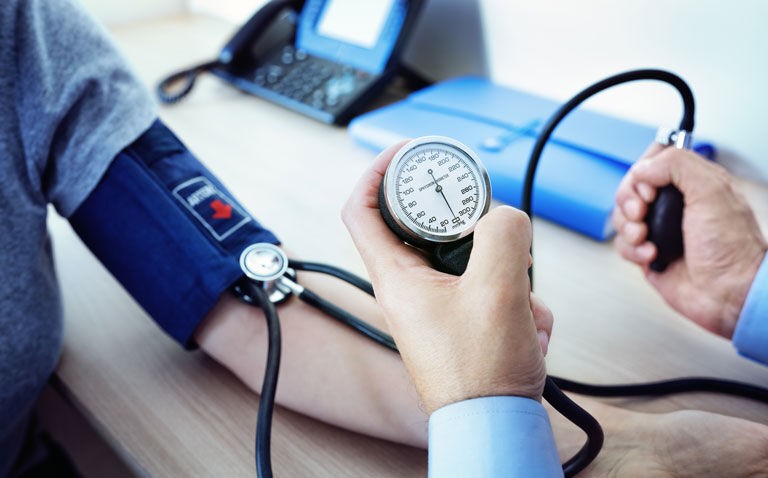The presence of hypertension still poses a significant risk factor for more severe disease in COVID-19, even among those fully vaccinated
Patients with hypertension even after receipt of three COVID-19 vaccination doses, remain at an elevated risk of severe breakthrough infections with the Omicron variant according to researchers from the Department of Cardiology, Cedars-Sinai Medical Center, Los Angeles, US.
Although full vaccination against COVID-19 initially required individuals to have two doses, the fact that immunity appears to wane over time has led to a recommendation for a third dose. In fact, a third dose appears to provide greater protection with data showing how a third dose of the BNT162b2 vaccine administered a median of 10.8 months after the second dose provided 95.3% efficacy against COVID-19 compared with two doses.
As more information emerged during the pandemic, it became clear that there were several important risk factors associated with the development of more severe illness and hypertensive patients were found to be more vulnerable to the development of serious complications.
However, several unanswered questions remained. For example, do the same risk factors apply with COVID-19 variants and does full vaccination mitigate these risk factors? These were the questions raised in the present, retrospective analysis by the US team.
The researchers examined a cohort of adults with at least three doses of the COVID-19 vaccine but who subsequently developed a breakthrough infection with the Omicron variant (confirmed by nasopharyngeal swabs and PCR testing) and were hospitalised at their centre.
The team collected demographic and co-morbidity data and used multivariable logistic regression analysis to assess the association between various factors such as age, comorbid conditions and the risk of hospitalisation and these covariates were adjusted for in the final analysis.
Hypertension and risk of severe illness
The researchers identified a total of 912 patients with a mean age of 56 years (41% male) of whom 15.9% were subsequently hospitalised with a breakthrough Omicron infection. Among the overall cohort, 27% were obese, 21% had diabetes and 54% were hypertensive and there was a mean of 72 days between vaccination and infection.
In regression analysis, the presence of hypertension was associated with a more than two-fold higher odds of being hospitalised, after adjustment for covariates (odds ratio, OR = 2.29, 95% CI 1.24 – 4.32). Other related elevated risk factors included the presence of a previous myocardial infarction (OR = 2.21, 95% CI 1.29 – 3.77).
Because hypertension is common in patients with a prior myocardial infarction, heart failure and chronic kidney disease, in a further analysis, the authors excluded patients with these three comorbidities. However, the elevated risk of hospitalisation in those with hypertension remained significant (OR = 2.54, 95% CI 1.32 – 5.37).
The authors concluded that the presence of hypertension remains an important risk factor for breakthrough COVID-19 infections even after full vaccination and that further research is required to understand the relationship between this risk factor to enable the development of mitigation strategies.
Citation
Ebinger J et al. Hypertension and Excess Risk for Severe COVID-19 Illness Despite Booster Vaccination Hypertension 2022










